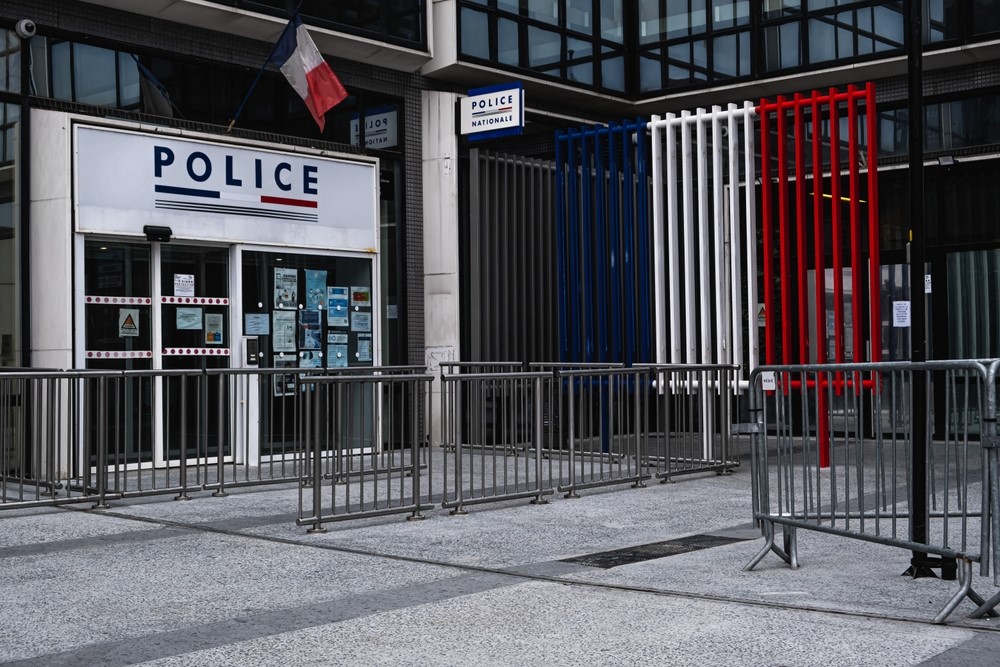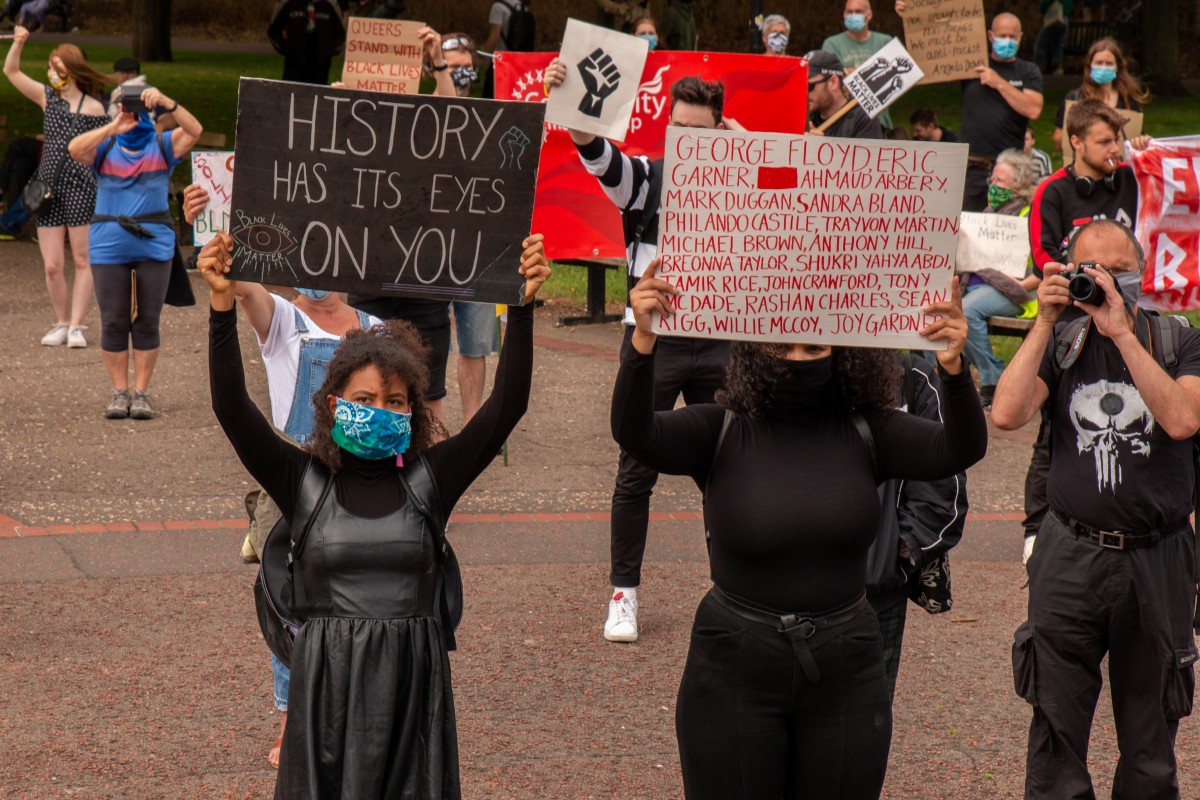The Hungarian government, in power for the past 15 years, has consistently scapegoated its issues onto marginalised groups, launching incessant hate campaigns against them. Over the years, the targets have included migrants, LGBTQ+ individuals, George Soros, and the “Brussels bureaucrats.”
This year, the government has shifted its focus to those using and selling drugs. This shift towards more punishment has deteriorated the political rhetoric around people’s rights and increased chances of police brutality.
The collapse of Hungarian drug policy
Hungary implemented a progressive drug policy from 2000 to 2009. The National Drug Strategy was crafted by subject experts in response to uncontrolled drug use and the lack of supply side restrictions. Although decriminalisation was never implemented, harm reduction services were established across the country, reducing needle sharing and fostering cooperation among professional drug services.
However, since Fidesz came to power in 2010, the drug sector has declined. Resources for the drug field have been reduced by one-tenth, Budapest’s largest harm reduction centres were closed, the institution responsible for drug coordination has been eliminated; the national Drug Strategy expired in 2020 and has not been renewed.
Meanwhile, drug professionals face consistent attacks from the government, with harm reduction services also being targeted. While Budapest implemented a progressive drug policy modelled after the EU’s Drug Strategy in 2024, it was criticised by Fidesz MPs as “covert drug liberalisation” which enabled drug use.

More youth drug use than ever
One of the key reasons given for Hungary’s harsh drug laws has been to protect youth. However, the latest European School Survey Project on Alcohol and Other Drugs (ESPAD 2024) tells a different story. After 15 years of prohibition, Hungarian teenagers are using more drugs than ever. Among 15–16-year-old Europeans, Hungarian students rank first in smoking, e-cigarette use, drinking alcohol, as well as amphetamine and MDMA consumption.
These numbers present a stark reality: criminalisation and scare tactics have done little to reduce demand. Without effective education, prevention, and harm reduction, the existing strategy has failed the very generation it claims to protect.
More punishment is not the answer
After 15 years in government, Fidesz has finally turned its attention towards the drug situation; however, they have promised to bring more criminalisation and punishment for those using drugs. In March 2025, the government announced a nationwide crackdown on drug dealers, citing the need to protect children and re-affirm the nation’s zero tolerance policy. One month later, this mission was elevated to a constitutional status: in April, a new sentence was added to the Hungarian Fundamental Law stating, “The production, use, distribution and promotion of drugs is prohibited in Hungary.”
This symbolic gesture is as alarming as it is legally dubious. While still without a drug strategy, Hungary has chosen to use its constitution like a political bulletin board to declare blanket bans on drugs, including on vaguely defined activities like drug “promotion,” an activity badly defined and not criminalised under the country’s penal code. Rather than offering a coherent policy, the government is focused on sending a message: ideology and control matter more than law, science, or public health.
Using children as a political weapon
The government has often used children’s safety as a pretext to push through political goals, a practice often seen in Russia. In March, a law was passed banning Pride marches by claiming they were a danger for children, enabling police to surveil attendees and fine them for participation. People using drugs will now face a similar fate, where declining social and health support for young people will be blamed instead on those using drugs.
Harm reduction has been labelled as a liberal product, while the nation remains without a guiding drug strategy to fund treatment. The root causes of problematic drug use – such as social inequalities, the housing crisis, mental health deterioration, and exclusion – remain concerningly unaddressed. This is perfectly encapsulated in the concerns around synthetic cannabis; while sociologists have raised concerns about the risks of their uncontrolled use over 10 years ago, particularly by those living in extreme poverty, no public support has been offered – only more punishment.
Alcohol encouraged, cannabis demonised
Alongside announcing a zero-tolerance policy against drug dealers, the government launched a “pub program, ” under which pubs in towns with fewer than 1,000 residents can apply for a fund of 7,500 euros to use for any purpose, “because pubs are the primary community spaces in small villages. “
When asked about the support for alcohol in the fight against drugs, the Minister for the Prime Minister’s Office stated:
“The key distinction is that using drugs is illegal, while drinking alcohol is not, and in moderation, alcohol can have health benefits.“
The blatant hypocrisy does not seem to be understood in a country where, according to WHO figures, almost one in five Hungarians are considered problematic drinkers. While the government promotes alcohol, it continues to block access to medical cannabis, persecuting those accessing it illegally.
Fighting sellers and consumers
The current drug law amendments are supposedly targeting drug sellers; however, in practice, ordinary consumers will face the brunt of harms. For instance, starting in June, those caught with a defined “small” amount will have the possibility of diversion (a six-month stay in drug treatment services) as an alternative to punishment if they name who sold them substances.
Furthermore, in cases where the quantity involved exceeds a small amount, for example, if someone cultivates six cannabis plants, consumers will now face fines as if they were selling them.
As part of the crackdown on drug traffickers launched in March, the police publicise their successful operations, which are not solely aimed at dealers. They have also revived “disco raids”, an old tactic of flooding clubs, turning off the music and the lights on to search everyone.
There’s also growing evidence that many police officers are emboldened by their newly expanded powers. Multiple reports have surfaced of young people being stopped and searched in broad daylight on the streets of Budapest, often without clear justification. In one case, officers claimed the person they stopped resembled a suspect and insisted on searching them for needles. In another, a man was searched as his brightly colored trousers “aroused suspicion.”
We’ll save you, even if it costs your life
The most shocking incident so far took place in March 2025, during the first month of the crackdown in Szeged, Hungary’s third-largest city. Several police officers beat a 56-year-old man unconscious during a routine identity check. According to his family, he had a few grams of cannabis on him, which he told the police officers. The police, on the other hand, claimed he was carrying packets of synthetic drugs and resisted arrest. He has beaten up so hard, they fractured his cervical vertebra and caused him to undergo two surgeries. He died in hospital.
When the case became public in May, the county police conducted an internal review. They concluded that “the action, the use of coercive means and physical force was necessary, lawful, professional, effective and proportionate.”
It’s hard to find words for this response, and even harder to believe that the ongoing investigation by the Central Investigative Prosecutor’s Office will reach a different conclusion.
The fact that this violence and legal outcome happened before the new drug laws were in place is cause for public fear. With the drug laws expected to be implemented in mid-June, the Hungarian drug war will only become more violent.
Who’s next?
After 15 years in power, we’ve seen that the state is primarily led by populist concerns and maintenance of power, rather than an ideological vision for the state. Lacking ambitions to improve people’s health, the government is more concerned with convincing citizens that a harsher crackdown on those using drugs to deal with life is what will improve the state of the nation.
The violence has passed through migrants, LGBT people, and those who use drugs. An incoming law – entitled “Transparency of Public Life” – would enable the state to dissolve any organisation believed to be a “threat to Hungarian sovereignty”. This will threaten civil society, journalists and anyone raising any questions about the direction their country is going in.

 French
French Italian
Italian Japanese
Japanese Polish
Polish Portuguese
Portuguese Russian
Russian Spanish
Spanish Thai
Thai

